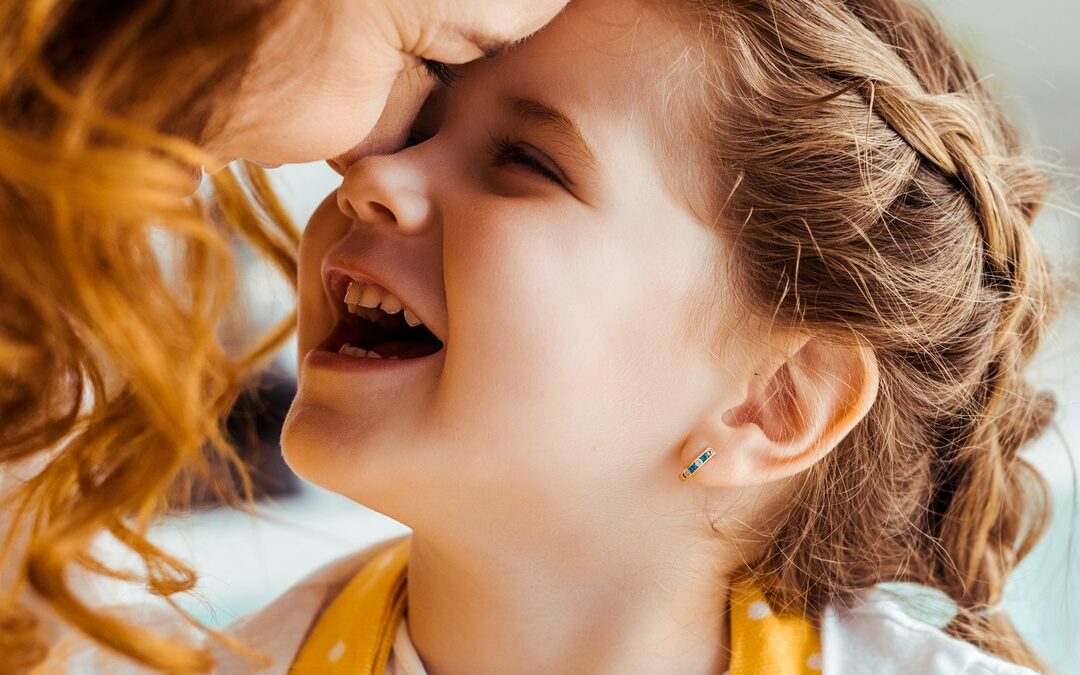For many of us, our parents’ ability to attune to our emotional needs was limited at best. They came from a generation where children were expected to be seen and not heard. Parenting was about teaching kids to behave and punishing them when they didn’t.
If we think about our own parents and grandparents, chances are, their own childhoods were shaped by unhappiness, dysfunction, or trauma. Substance abuse, neglect, abandonment – our parents and grandparents had to develop protective walls to survive their upbringings. When we have parents like that we might become a people-pleaser to avoid conflict, a perfectionist to earn love, or an invisible ghost to evade anger.
These coping or protective mechanisms allow us to get through painful circumstances as kids. But when we disconnect from our core selves it makes it hard to be emotionally attuned to others…for one thing. For many of us, our parent’s emotional toolkit was limited.
We can contribute to generational healing by being emotionally aware and mature parents. As we unravel the roots of our own emotional patterns, we can consciously decide to nurture the parts of ourselves that craved understanding. We can become a safe harbor for our children in ways our ancestors couldn’t.
So what does emotionally aware parenting look like in practice? A few thoughts:
🥹 Understand our own emotional blueprints. The way we respond to our kids’ feelings and emotions often stems from how we learned to cope in our family of origin. Exploring our childhood narratives, defense mechanisms, and triggers through self-reflection and talking/healing with others, allows us to parent from a place of self-awareness rather than reacting unconsciously.
💞 Make space for all emotions without judgment. This is huge. So many of us learned that displays of sadness, anger, etc. were unacceptable or “too much.” An emotionally aware parent knows that all feelings are okay, because feelings and emotions are a part of the human experience. That doesn’t mean that all behaviors are OK though.
Offering simple validating statements like “This seems really hard,” or “It makes sense you’d feel that way,” or “I’ll be with you while you’re upset.”, or “I believe you.” teaches kids their inner experience matters. None of this is particularly easy to do if you weren’t raised by parents who listened well.
🤔 We can be curious about who our child is (their authentic selves), not who we want them to be. Our kids’ interests, perspectives and quirks may differ from our own, and that’s okay! Asking open-ended questions like “Help me understand why this is important to you” keeps us open to how they experience the world.
Even if we don’t agree, we’re driven by a desire to truly know them. We can say, “Tell me why you like to play Fornite so much.” 😉 Or just wondering with them and hearing their perspective helps. “I wonder what the new school year will be like…what do you think?” “I wonder…and I want to know what you think about it…?”
🤗 Repair after inevitable ruptures. None of us are perfect! When we’re emotionally flooded and make mistakes, stepping back and repairing is key. Saying something like “This morning didn’t go so well. I’m sorry I yelled. It’s not your fault I get angry. I’m thinking about how I can make mornings go better. I’d like to hear your thoughts too.”
It’s not just about apologizing but making a clear statement about how you intend to do things differently. An emotionally aware parent takes you seriously if you tell them about a behavior of theirs that makes you uncomfortable. They enjoy the emotional intimacy that good communication brings and are willing to change.
At the heart of emotionally aware parenting is empathy – the ability to resonate with another’s feelings and perspectives while still having boundaries. As parents, our empathy helps kids feel profoundly seen, understood and accepted.
The emotionally aware parent keeps a mental list of the child’s strengths at the ready. We attune to their inner world while reflecting back their positive qualities, helping them develop self-awareness and resilience.
Our job isn’t to agree with every choice or shield kids from difficult emotions. It’s to walk beside them as they navigate life’s ups and downs, staying curious about their experience and letting them know they have our unconditional understanding.
When we do the hard work of confronting our emotional inheritance, we’re equipped to create a profound shift. Emotionally aware parents don’t just raise kids – we give them a felt-sense of being wholeheartedly accepted. That’s how generational healing happens.

